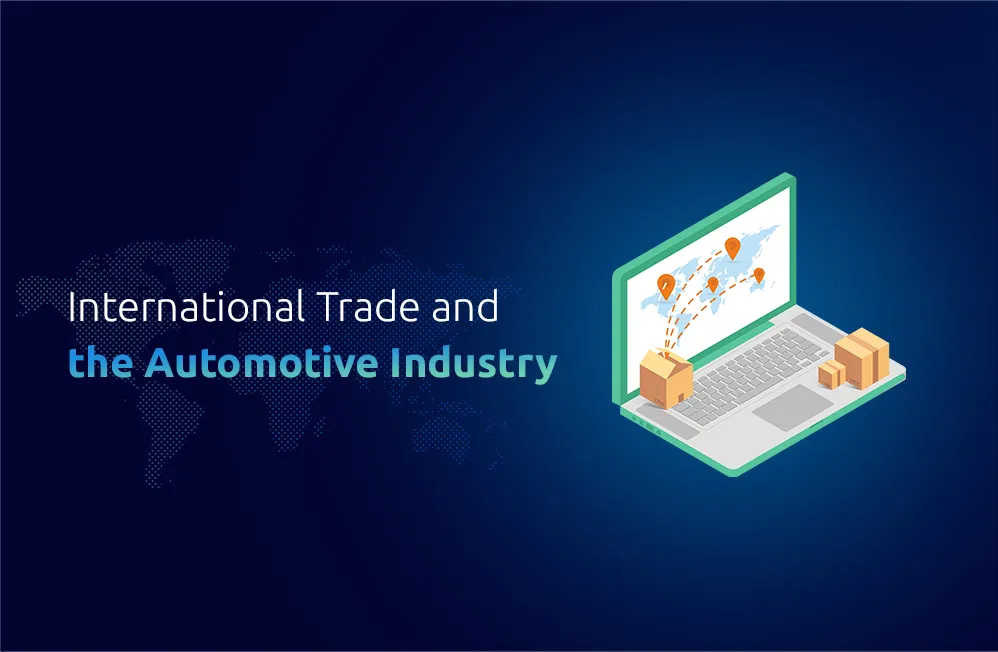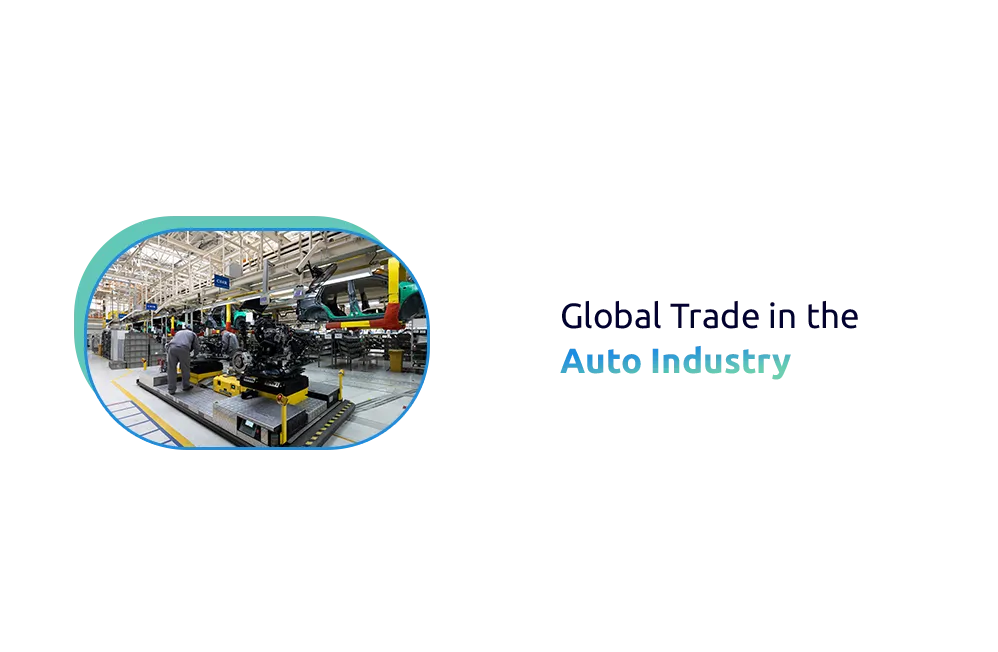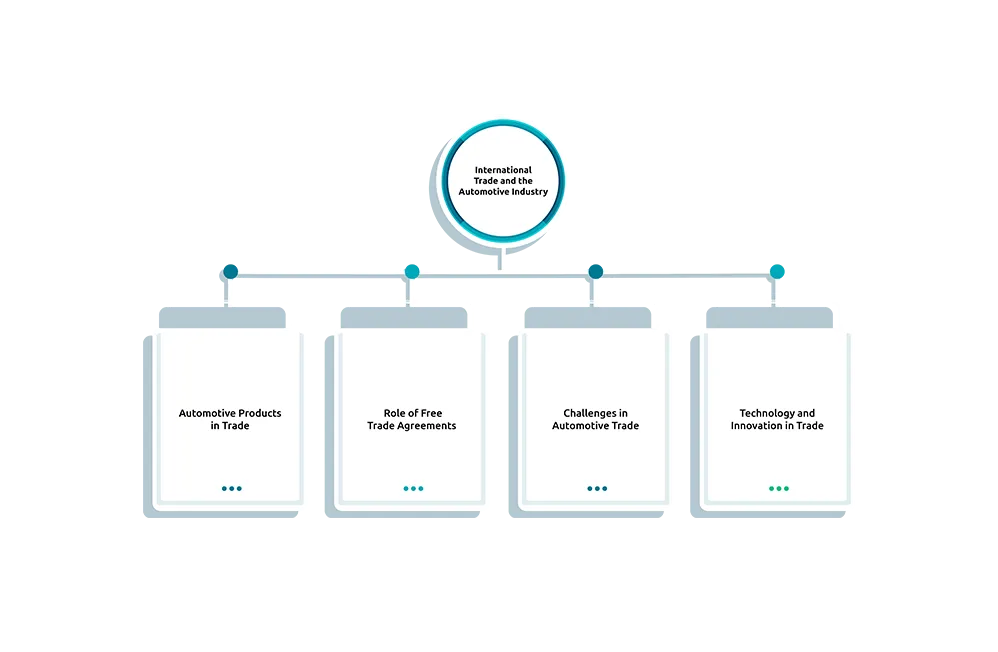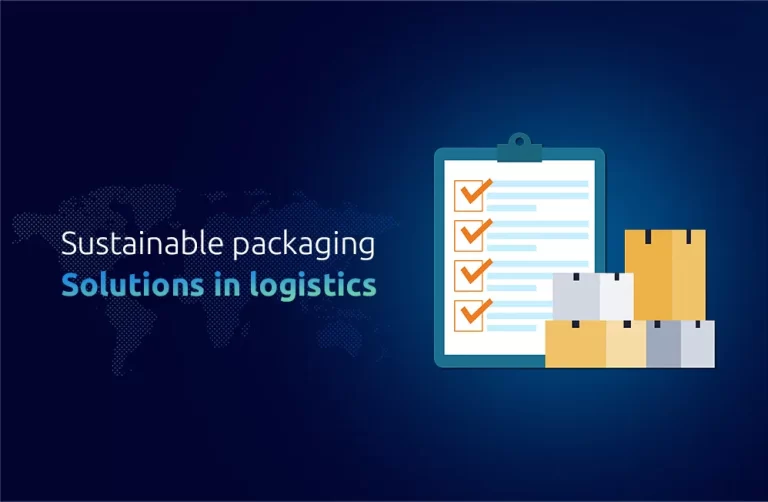Navigating Global Markets With Confidence
Automotive manufacturing and trade are integral components of the global economy, providing vehicles and related equipment that satisfy consumer, manufacturer, and repair market demands. This industry’s global presence extends far beyond just car production; its scope includes everything from parts and components production to machinery and specialized equipment.
International automotive trade, comprising vehicle components, manufacturing machinery, and parts for cars, is an integral component of growth, invention, and economic expansion in many nations around the world. Automotive businesses need a solid understanding of trade regulations, logistics, and compliance to expand into foreign markets and ensure successful, cost-efficient trade operations.
Automotive Industry in Context
The automotive industry is one of the biggest industries worldwide, calculated to be valued at over $4 trillion and including billions’ worth of vehicles and parts passing between borders each year. According to the World Trade Organization (WTO), exports total approximately $1.5 trillion each year, with Germany, China, Japan ,and Mexico being among the major contributors in terms of automotive equipment exports – all contributing billions towards global trade in this field.
In 2021, the United States alone exported $57.2 billion worth of automotive parts and vehicles, with Germany as a leader in vehicle production as well as automotive part export. Japan boasted one of the highest manufacturing capacity rates worldwide and also offered vehicle parts export. These countries provide essential support to vehicle assembly lines worldwide by contributing to robust supply chains that make modern car production possible.
India, South Korea & Brazil play essential roles in the global automobile sector as both manufacturers and consumers of automobiles. Emerging markets like India are quickly becoming major exporters of auto parts and machinery/equipment exports – providing opportunities for globalized businesses like automotive suppliers & manufacturers. Automotive businesses must adopt an international perspective in order to remain competitive while meeting all their markets’ demands efficiently.
At the core of international trade for automotive equipment is an exchange of components, machinery and equipment that make up its supply chain. From manufacturing parts to assembling vehicles, the automotive industry relies heavily on international trade to source materials and deliver finished products – whether this means exchanging sensors, exhaust systems, or large machinery for vehicle production.
Automotive Parts and Components for sale online
Automotive parts represent a substantial component of global trade in vehicle manufacturing. Vehicle manufacturers rely heavily on global suppliers for specialty parts & equipment tailored specifically for the vehicle models; for instance, car makers in Germany might import brake systems from America or specialized tires from Japan to meet the technical specifications required by their car models. Furthermore, increasing interest in electric vehicles/EVs & advanced driver assistance systems (ADASs) has increased demand for batteries, sensors & electronic control units/ECUs, creating further international trade.
Automotive Machinery and equipment
Manufacturing equipment used in manufacturing & assembly is vitally vital to the global automotive supply chain. From stamping presses, welding robots, and coating equipment, to stamping presses; stamping presses, welding robots & coating equipment all play key roles in producing high-quality cars. North American vehicle production lines may rely on European suppliers for robotic welding systems while Asian assembly plants might purchase equipment from U.S. suppliers; highly specialized pieces are often produced locally with cutting-edge technological capabilities before being exported globally to various auto factories worldwide.
The automotive manufacturing equipment market plays an important role in the global economy of automobiles, helping the easy production and assembly of vehicles worldwide. With the constant demand for innovation, the automotive production market continues to develop, driven by the need for specialized equipment and machinery that supports vehicle making at scale. As countries engage in cross-border trade to source materials and technology, the interplay between global markets becomes important to ensuring that automotive manufacturers stay complete and able to meet consumer demands in various regions.
Automotive Aftermarket equipment
Automotive aftermarket trade plays an integral part of international commerce. This sector involves trading replacement parts, accessories, and equipment used to repair, upgrade, or maintain vehicles; with global auto fleet ageing comes increased demand for such parts and equipment. Countries like the U.S. and China, boasting large vehicle fleets, are major consumers and exporters of aftermarket automotive parts. This makes international trade essential in keeping vehicles on the road efficiently.
Compliance with International Automotive Trade Rules
International automotive equipment trade is subject to many regulations, like goods standards & safety certifications and import and export laws. Manufacturers that export automotive equipment to the European Union must adhere to certain safety and environmental standards set out by that body, such as CE marking. Exports bound for America must meet Federal Motor Vehicle Safety Standards (FMVSS), which sets minimum safety performance levels.
Navigating these complex regulatory requirements can be time taking and expensive; to save themselves trouble and save themselves money, automotive companies rely on third-party service providers such as Exporter of Record services to help manage compliance and streamline international trade.
Tariffs and Customs Duties
Automotive businesses engaging in international trade must navigate tariffs and customs duties that could affect their cost of doing business. Automotive trading has been hit hard during trade disputes between major economies like the U.S. and China; thus automotive manufacturers and suppliers need to remain aware of trade policies in order to properly classify their products so as to avoid overpaying duties or encountering delays at customs.
Logistics and Supply Chain Complexity
Given the scale and scope of the global automotive trade, logistics plays a pivotal role in ensuring timely and cost-effective deliveries of goods. Automotive manufacturers rely on an ecosystem of suppliers, distributors, and logistics providers to transport components and machinery across borders; for instance, one U.S.-based automotive company might source parts from Germany before assembling them in Mexico before finally shipping out its completed product globally. Coordinating supply chains requires careful coordination to prevent delays, lower costs, and comply with all trade regulations in place.
Automotive Companies Should Utilize Exporter of Record (EOR) Services
A powerful way for automotive companies to navigate international trade successfully is through Exporter of Record (EOR) services. An EOR works as a third-party service provider liable for making sure goods exported comply with all regulations; including paperwork submission and classification as well as customs requirements fulfillment.
EOR services can be invaluable for automotive businesses that rely on just in time supply chains for goods security, quality control & compliance with international standards. By working with experienced EOR providers, automotive businesses can lower the risk of delays, fines and penalties associated with noncompliance and manage logistics services to ensure parts arrive on time without damage – essential when using just-in-time supply chains.
Conclusion
Automotive manufacturing is an integral component of global trade, and its success rests on effective cross-border cargo movement. Businesses engaging in global trade often need help with conducting this activity – from complying with complex regulations to overseeing logistics and supply chains. By hiring Exporter of Record (EOR) services, automotive businesses can reduce international commerce risks while remaining compliant with local and global regulations.
One Union Solutions‘ EOR services specialize in tailoring export processes to streamline procedures and broaden the global reach of businesses in the automotive industry. Let us handle the complexity of international trade so you can focus on expanding your business in this fiercely competitive automotive marketplace.
Did You Know,
According to the World Trade Organization/WTO, annual worldwide automotive exports total approximately $1.5 trillion and make one of the key sectors for global trade.
FAQ’s
- What part does international trade play in the automotive sector?
Ans: International trade drives the global automotive sector by facilitating the movement of vehicles, parts, and specialized equipment across borders to meet global demand for manufacturing products.
- How has international trade affected automotive supply chains?
Ans: Trade connects manufacturers with suppliers worldwide, facilitating the steady supply of essential parts such as engines and transmissions that may originate in multiple countries.
- What are some challenges encountered in global automotive trade?
Ans: Companies operating globally face many hurdles to their trade activities, including regulatory compliance issues such as tariffs and customs procedures that must be observed so as to avoid delays that could prove costly in terms of delayed transactions or financial implications.
- What strategies can automotive companies implement to enhance global trade operations?
Ans: Partnering with an Exporter of Record service can streamline logistics, facilitate compliance, and simplify international trade for automotive companies.
- Why is the automotive industry so dependent upon international trade?
Ans: As automotive production spans across multiple nations, international trade plays an essential role in providing raw materials, components and equipment essential to driving innovation and global collaboration.












